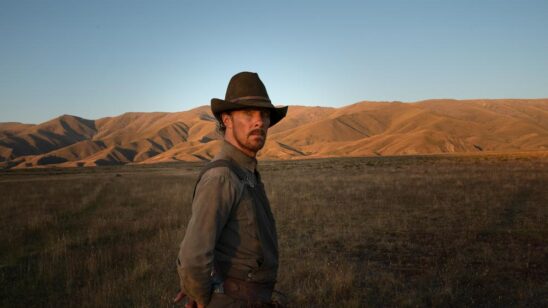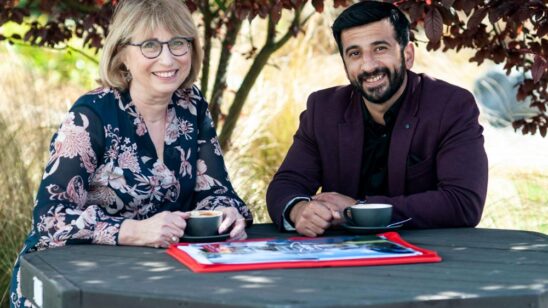
Behind the stage
Well-known New Zealand playwright Roger Hall has an unmatched repertoire, and impressive awards to match. He chats to Georgia Summerton about his writing process, memorable moments and his connection to Christchurch.
Roger has been honoured with many awards and titles for his contribution to performing arts in New Zealand and for good reason. His prolific career has played a key role in keeping local theatres and actors busy since he started.
Currently living in Auckland, Roger speaks fondly of his professional and personal Christchurch connections. “When we lived in Dunedin, I visited Christchurch often, mostly connected with theatre. The Court’s production of Glide Time (Mervyn Glue in the cat) around 1978, then to work on Footrot Flats The Musical, co-written with Christchurch writers AK Grant and Philip Norman, and socially to see good friends the late Barrie Tait and Philippa Tait.”
Christchurch’s The Court Theatre has been home to many of his plays, and the relationship is special. “The Court did my first play, Glide Time, in 1978. They entered into the spirit of the play by making the programme as a manila folder.
“During the performance, the door handle came off accidentally in the first half, ruining a joke that I had set up in the second half.
“Glide Time did very well for The Court; it had an extended season, plus a season at the James Hay. As a result, The Court increased the actors’ pay by 10 percent.”
He recalls a particularly special moment at The Court, performing Footrot Flats, The Musical. During the preview a night before opening, the invited audience gave a very subdued response. “We thought we had a flop. The opening night was full of true theatre enthusiasts. As soon as Wal came on stage, there was a roar of approval from the audience. We knew had a hit.”
Roger is best known for writing brilliant comedies that carry a vein of social criticism and thought-provoking themes. While the repertoire is large, there is one work he is particularly proud of. “By Degrees, which was an all-woman cast describing how they came to university later in life than most people and what it meant to them. The characters never spoke to each other, but simply told the audience their experience as they progressed through their degrees. The director wanted to have them talk to each other, but I insisted they didn’t. It worked. And I received a lot of positive response from women about how much the play meant to them.”
And his most memorable play? “It has to be Middle-Age Spread because it was such a hit here, in Australia and then 15 months in the West End. My parents were able to be at the first night, a wonderful moment for them. And it set me up financially.”
As every writer knows, the writing process is a fascinating and challenging one; a real journey and some moments are enjoyed more than others which Roger knows all too well. “Writing the words ‘THE END’, and starting is a nice feeling. Everything in between is a fairly hard slog, but developing characters is a fascinating process.”
A lot of creatives refer to a muse through their process of making art. Roger’s thoughts on this are quite simple, and food for thought for those ever facing a serious case of writer’s block, “If you wait for the muse, you won’t get much done….”
What is next for the successful playwright? “If only I knew! One or two possibilities, but too early to go public on them yet.”




